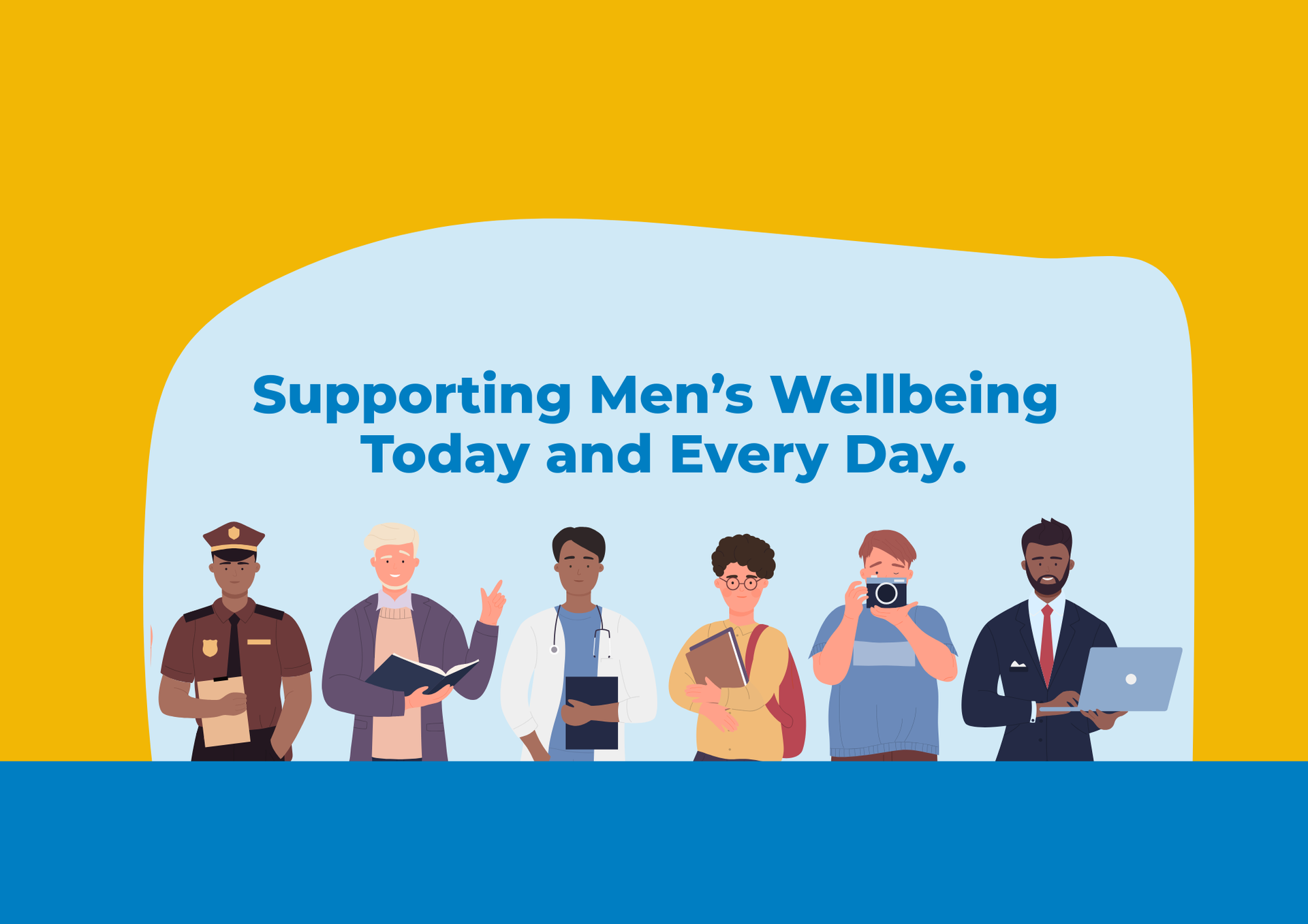Understanding Schizophrenia
Disclaimer:
This post may contain sensitive topics related to mental health. We understand that everyone experiences these discussions differently. If you or someone you know is experiencing suicidal thoughts or a crisis, please reach out immediately to Lifeline Australia on 13 11 14.
What is schizophrenia?
Schizophrenia is a mental health condition that alters one's perception of reality, often leading to disorganised thinking, delusions and hallucinations such as hearing voices. Approximately 1 in every 100 Australians are affected by schizophrenia. Typically, schizophrenia emerges during late adolescence, teens or early adulthood, but it can also start later in life. Schizophrenia is generally more common in men than women with men tending to present symptoms earlier.
What are some of the risk factors?
In early life, some of the risk factors can be attributed to:
- Genetic vulnerability – family history of psychotic disorder
- Birth or pregnancy complications
- Developmental delay
- Traumatic experiences (e.g. abuse or neglect)
Whereas in late childhood or adolescence, risk factors such those listed below can impact on a young Australians mental health.
- Substance use
- Psychosocial stress
- Migration
- Cognitive impairments
- Mild psychotic symptoms
Symptoms: The symptoms of schizophrenia are categorised into two types of symptoms: positive and negative. Positive symptoms reflect an excess or a distortion of normal functions in the form of delusion, hallucinations, and disorganised behaviour. On the other hand, negative symptoms refers to a diminution or an absence of normal behaviour related to motivations and interests or expressions (Correll and Schooler 2020).
Some positive symptoms include but are not limited to:
Positive symptoms refer to extra experiences that go beyond normal perceptions and indicate psychosis.
- Psychosis – psychosis is a primary symptom of schizophrenia and is characterised by a loss of touch with reality. During a psychotic episode, individuals struggle to distinguish between what is real or not. Delusions and hallucinations are two key symptoms associated with psychosis.
- Delusions – delusions refer to having abnormal or unfounded beliefs that may or not align with reality such as delusions of persecution, guilt or grandiosity.
- Hallucinations – hallucinations involve perceiving sensory experiences - such as hearing, seeing, tasting, feeling or smelling - that are not actually present but are perceived to be real.
Negative symptoms
- Disorganised speech
- Trouble with thinking
- Lack of emotion and motivation
What causes schizophrenia?
The exact causes of schizophrenia are currently unknown. Currently, research suggests that while the general population has a 1 in 500 chance of developing schizophrenia, individuals with a family member affected by the disorder face a significantly higher risk, with a 1 in 10 chance. However, there isn't a single gene responsible for schizophrenia. A combination of genes likely contributes to susceptibility, and additional factors may play a role, as evidenced by cases where individuals without a family history still develop the disorder. Although, factors such as stress, substance use, trauma and prenatal malnutrition can also heighten the risk of developing schizophrenia.
Some of treatments that can help with schizophrenia include:
Treatment for schizophrenia typically involves a combination of medication, therapy, and support services tailored to individual needs.
- Medications - Antipsychotic medications can help with the psychotic (positive) symptoms of schizophrenia such as hallucinations, delusions, and disordered thinking. These medications work by targeting neurotransmitter imbalances in the brain, helping to alleviate symptoms and prevent relapses.
- Therapy - Therapy, which can include CBT, is an important part of treatment. Cognitive-Behavioral therapy (CBT) can help individuals manage symptoms, cope with stressors, and improve social functioning.
- Family support - It’s important that family members learn about schizophrenia and how to support their loved one. Family therapy may also be beneficial, involving loved ones in the treatment process to enhance support networks and improve communication.
- Social support - Similar to psychosis, people with schizophrenia can benefit from social support services. Psychosocial interventions, such as vocational training, housing assistance, and peer support groups, aim to address various aspects of daily living affected by schizophrenia and promote recovery.
References
Correll C U and Schooler N R (2020) Negative Symptoms in Schizophrenia: A Review and Clinical Guide for Recognition, Assessment, and Treatment. Neuropsychiatric disease and treatment, 16, 519–534. https://doi.org/10.2147/NDT.S225643
By Bella Korotcoff and Julia Tsang





